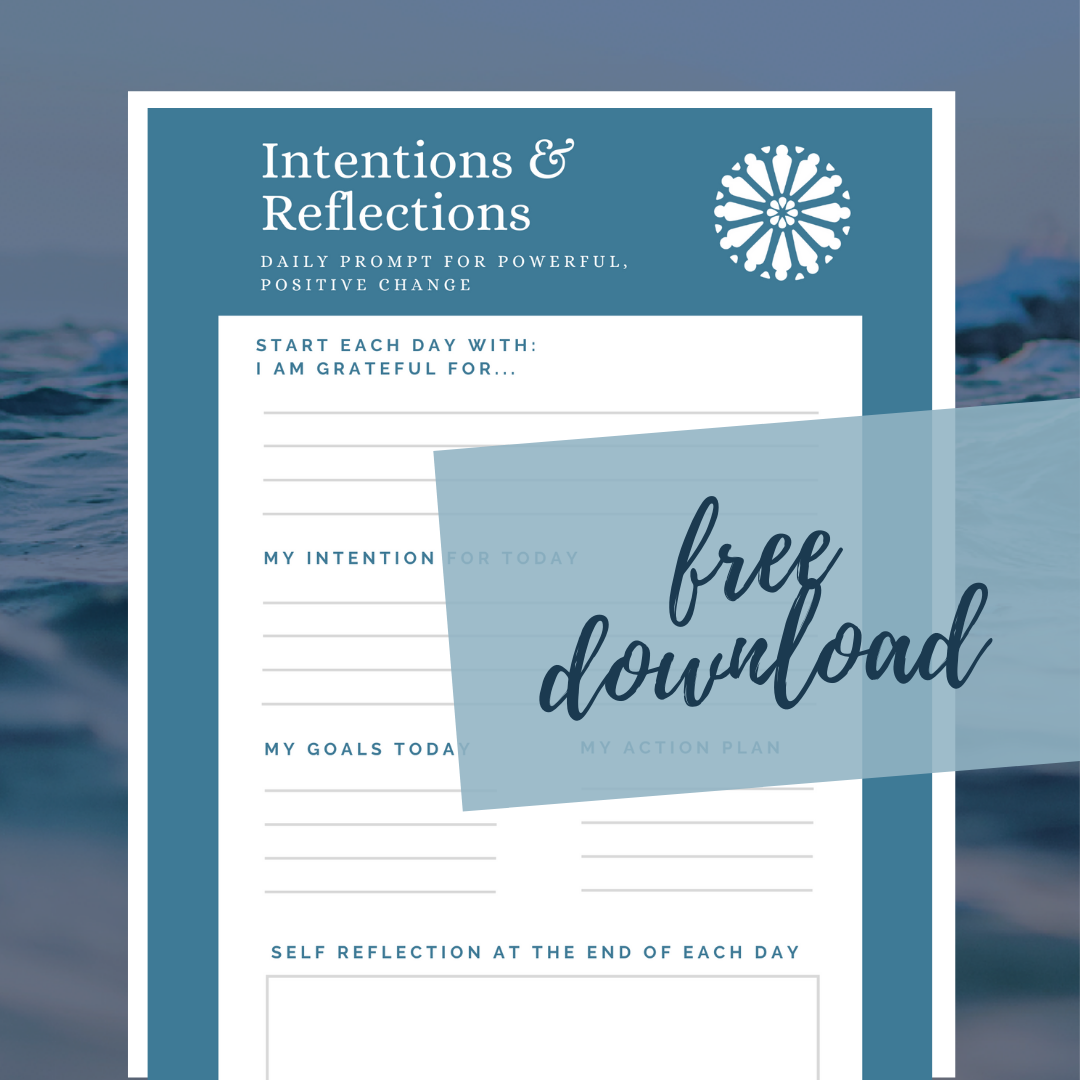Meeting Conflict with Courage

“The courageous conversation is the one you don’t want to have.”
— DAVID WHYTE
A few days ago, a client asked me “Why is communication so damn hard!?” I invite you to pause here to consider your answer to that question and if you can relate. Is communication ‘so damn hard’? Let’s break it down a little bit more and examine.
When someone is triggered or excited by a situation or circumstance, there’s often more to it than what’s on the surface. Communication simply is. It’s an exchange of information, yet our perception of communication is a different story.
Like with my client...As you may have guessed, it wasn’t the actual communication itself that was difficult. It was the relationship to the person plus the emotions, beliefs and expected outcome with the conversation that made it challenging. If the expectation is conflict, we set ourselves up for “a fight” rather than an opportunity to learn something new about a situation, person or perspective.
Here’s another nugget: change the question. Instead of asking why, check out what happens when we reframe the question and how you’d answer:
What makes communication so (damn) hard?
When is communication so hard?
How is communication so hard?
With whom/ where is communication so hard?
You see, what happens is we get hooked into patterns that are limited and constrictive. We call it “being stuck” because it feels so familiar & frustrating and we don’t know how to change it.
Become a more mindful communicator by focusing on your intention.
Too many times, we start a conversation with “I don’t want to upset you...”or “Don’t take this the wrong way…” which is absolutely setting the other up to be upset or taking it the wrong way! Instead, say what you do what, be intentional and consider the desired outcome: “Please remain calm/ focused while I tell you…” or “Hear me out and I’ll clarify if needed…”
5 words to avoid altogether when seeking resolution and connection:
Nothing. When someone asks you what’s wrong….say what’s going on and/or schedule a time to discuss.
Whatever. It’s dismissive and causes more distance and room for negative emotions.
Always/ Never. Avoid absolutes such as ”you’re always late, you never help with the dishes..” Not helping.
You’re just like your mother/ father etc. Avoid making comparisons, stay focused on the situation, behavior and impact.
You’re too sensitive/ you take things too personally. Statements like these are judgments that make the other wrong.
If you need to learn phrases to say, let me hear from you! I’d be happy to expand on this important topic and share what I’ve learned in my training & practice.
To Powerful, Positive Change…Cheers!

“Adela helped me during my darkest hours, when I felt hopeless and alone. Her compassion and support helped me find strengths within myself I didn’t know existed. Her belief in me became my guiding light until I could carry it for myself.”
– Jennifer
